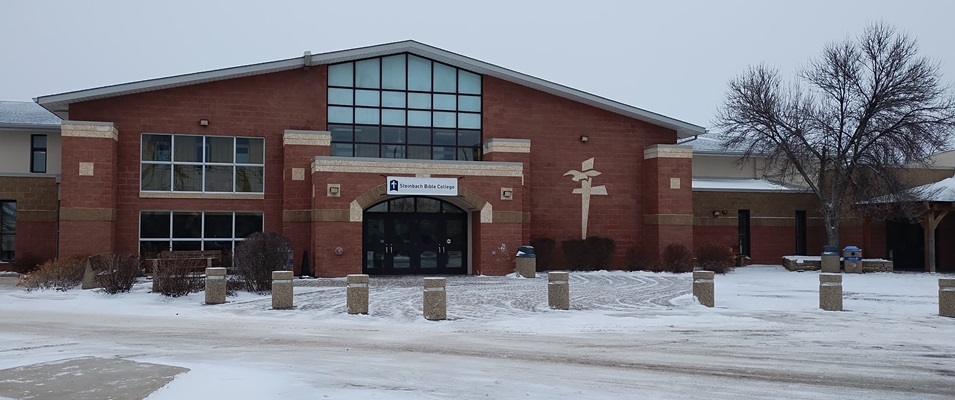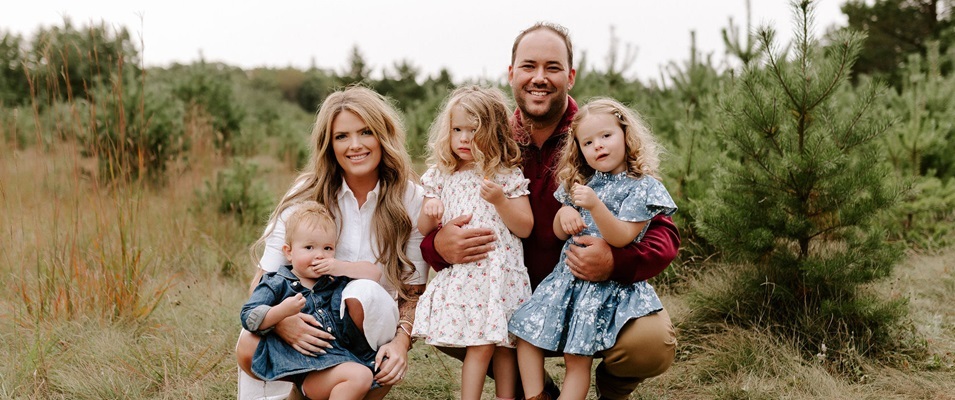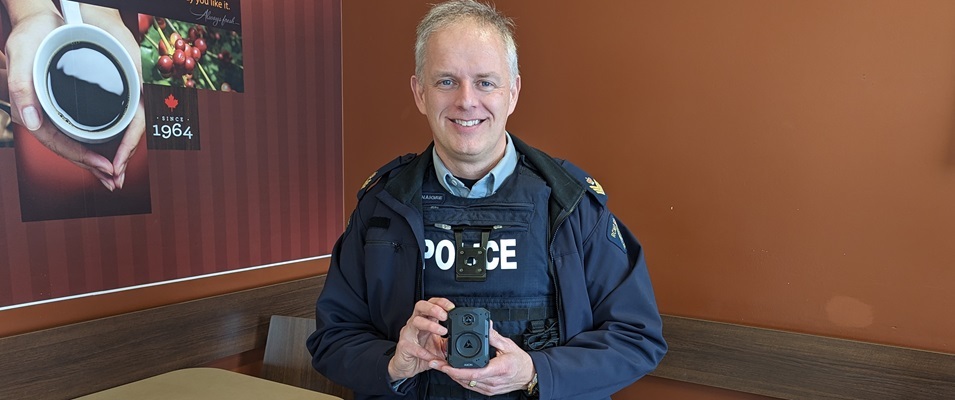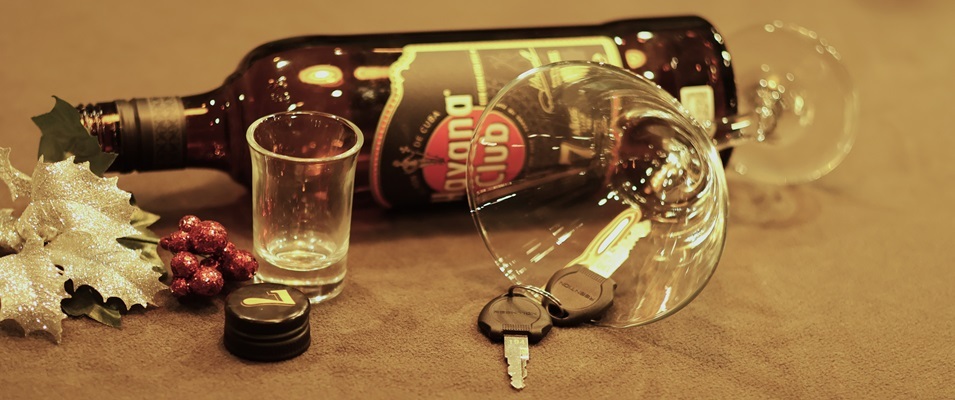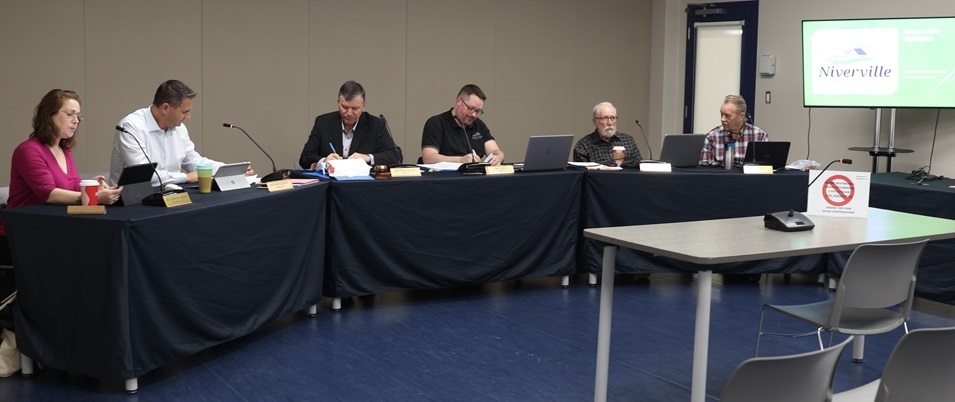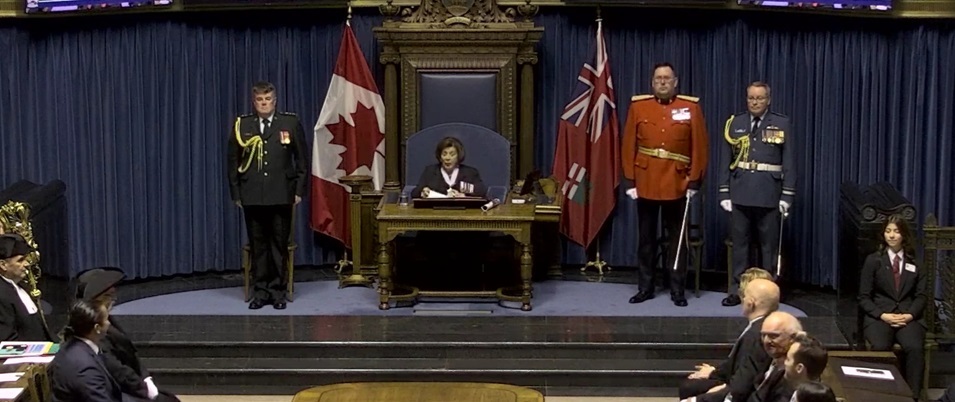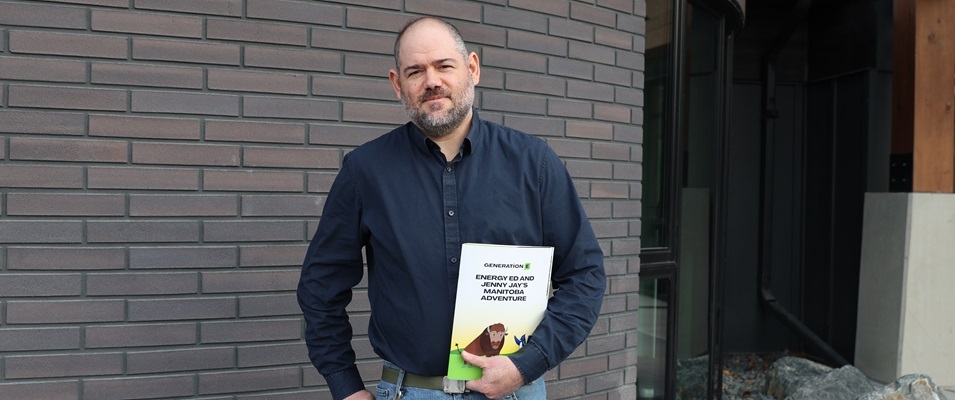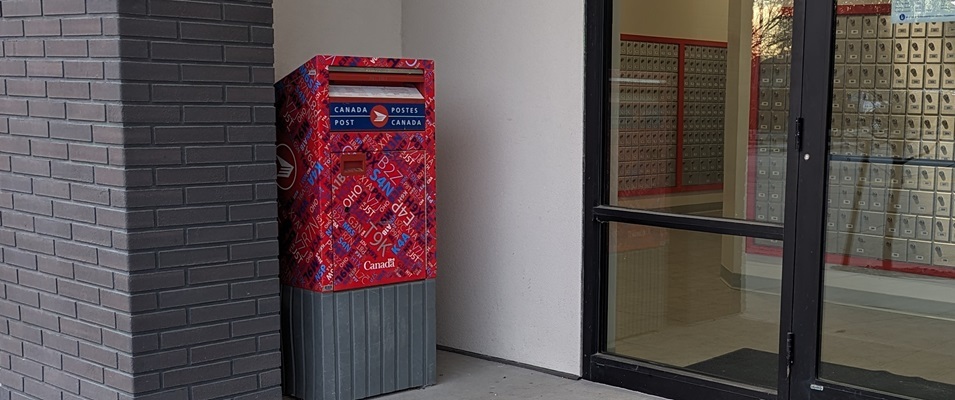
In today’s world, having a good grasp on geography is becoming increasingly important. Douglas Richardson, executive director of the Association of American Geographers, says that geographic knowledge is essential for survival in our rapidly globalizing world. The Royal Canadian Geographical Society recognizes that too and sets out to provide an educational basis by which young Canadians can build on their knowledge.
For the twenty-second year running, the Canadian Geography Challenge has showcased high-achieving middle years students from across the nation to compete for esteemed titles and compelling prizes. Niverville’s own Rhyanne Pauls was the only student from Manitoba to be selected to compete at this year’s challenge in Ottawa.
On June 3, sixteen-year-old Pauls took her first-ever solo flight to the nation’s capital, competing against 19 other Canadian students during the three-day event. The Challenge, hosted by Canadian Space Agency astronaut David Saint-Jacques, was held at the Canadian War Museum. Finalists were awarded prizes of $5,000, $3,000, and $2,000, presented by Alex Trebek of Jeopardy! fame.
The top five were also awarded a ten-day Canadian east coast cruise expedition accompanied by Canadian Geographic Education’s program coordinator, Sara Black.
Though Pauls didn’t make it to the top five, her efforts are no less impressive. Over 22,000 students from 650 different schools across Canada participated. Pauls was selected based on the results from two qualifying online tests. As one of the top 20, she received an all-expense-paid pass that included flights, accommodations, meals, and excursions around Ottawa’s landmarks and historic sights.
Pauls’ mother, Robyne, says that her daughter has always had a remarkable memory and took a keen interest in geography from a very young age.
“Years ago, there was an online app called Stack the Countries,” says Robyne Pauls. “It had a map of, let’s say Europe, and the app would pop up a country and she’d touch where it was supposed to go. She could do all of Europe, all of North America, and South America. It was ridiculous. She was in Grade Four or Five [at the time].”
Though the young Pauls doesn’t see herself as a high-achiever, she humbly admits that she has a grade average of between 96 to 97 percent in all of her classes. Grade Ten is the first year that she’s taken a formal geography class at NCI. She can’t put a solid finger on why her skills and interest in geography are at such a high level.
She was first encouraged to participate in the Challenge by NCI teacher Pat Fast. The initial step was an online test which ranked her alongside other students in the school. Pauls says that Mr. Fast warned her about the difficulty level of the test, remarking that the average score at NCI was about 13 percent. Pauls scored 57 percent.
“It was crazy questions about different wars in Belgium and stuff like that,” says Pauls.
“I usually tell students that the test is so diversified—human geography, physical geography, politics, current events, etc.—that it is really difficult to study for it,” says Fast. “Typically, a student just has a natural interest in the subject area and that tends to help the most.”
From there, Pauls performed a second online test, pitting her against students from across the province. She recalls answering about 200 questions, with 30 seconds to answer each one. No scores were available upon completion of this test. At the end of May, however, Pauls received a formal letter inviting her to join 19 other top performing students in Ottawa for the nationwide challenge.
“At first she had to decide if she was even going,” says Robyne Pauls. “This was a big thing [for her].”
Her concern about flying alone, with connecting flights in international airports, comprised only a small part of her unease. Rhyanne is a self-professed introvert. Crowds, mingling with strangers, and being in the limelight are among her greatest anxieties. She pressed forward, recognizing that she had an opportunity few could ever experience, and it was worth facing the overwhelming nature of her fear.
In the capital, the students were billeted to the University of Ottawa. Pauls recalls students of all ages trickling in from across the country and as far away as the Northwest Territories and Nunavut. The youngest competitor was 12 years old.
Most of the students dug right in, cramming for the following day’s tests. Pauls hadn’t studied until now and didn’t see the need. Her mother speculates that Pauls was not particularly interested in the spotlight that the top five would bring. Instead, she spent her time studying for the upcoming geography test awaiting her when she returned to school back home.
The next day, students were taken out for fieldwork and tested on their observations. Then all 20 students sat down for the big one-hour exam.
“It was really hard,” says Pauls. “Sara Black said that it was one of the hardest. As I was writing the test, I thought, ‘Maybe I should care more about this,’ because everyone was [taking it so seriously]. Part of me was like, ‘I’m not going to get in [the top five].’ But then the other part of me says, ‘But I didn’t think I was going to get in the first two times.”
The top five winners were announced at the end of the day. The following day culminated in a game-show-style standoff between the remaining competitors.
Fast says that the school and community are really proud of Rhyanne.
“I have had two other students who made it to Nationals, but at that point it was done online within the school,” says Fast. “Rhyanne is the first NCI student to win the province [and go to Ottawa].”





